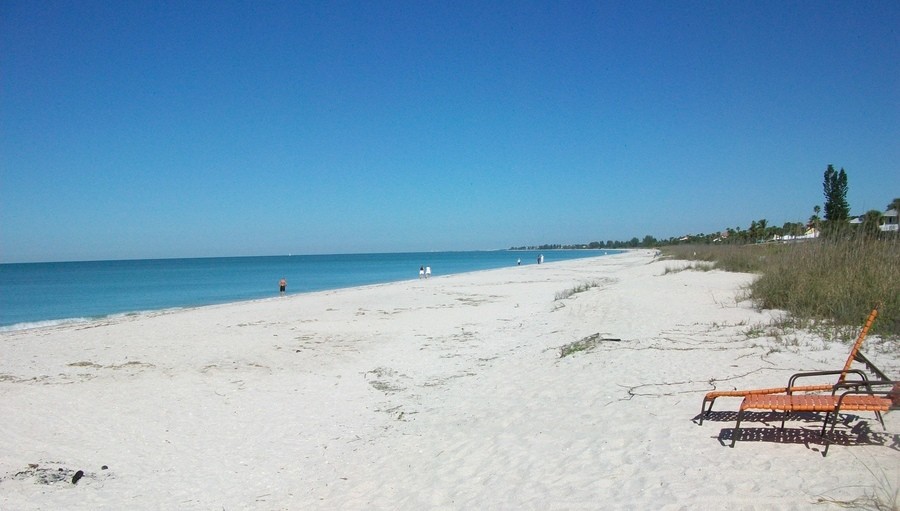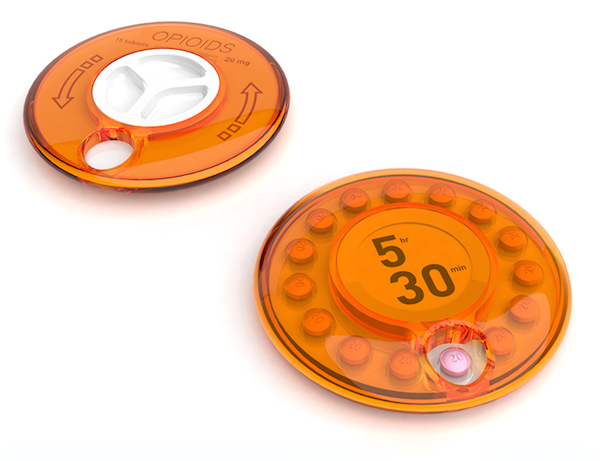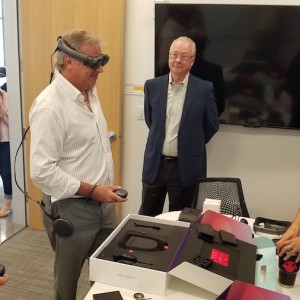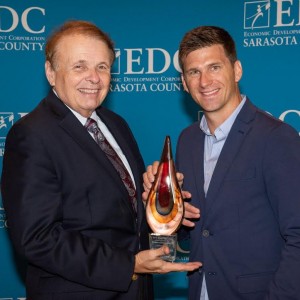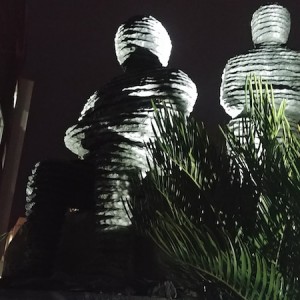Will PILL Design Opioid Solution?
Todays News
SRQ DAILY MONDAY BUSINESS EDITION
MONDAY MAY 21, 2018 |
BY JACOB OGLES
A drug dispenser developed in Sarasota could soon be embraced by the federal government as a solution to a nationwide opioid crisis.
Designers from Robrady this month traveled to Washington to tout the usefulness of PILL, a “smart” blister pack dispenser that digitally tracks of individuals’ time between doses for painkillers. “It’s a very lean solution,” says Rob Brady, founder of Robrady. The Sarasota company began working on the device years ago after being approached by investor Joe Bujalski, who holds a patent on the smart dispenser concept. While the original design appeared too elaborate to be economical, Brady says, a streamlining process helped boil the device down to its core purpose, namely controlling periods between dosages.
Colin Leonard, director of manufacturing and operations at Robrady, worked for five years in the retail drug space, and said design for the product kept a marketplace of cheap pill bottles in mind. The final cost for the PILL will be $2 or less, he said and device parts can be recycled. Designers also kept patient privacy rights in mind, especially regarding the transfer of personal data on medicine use. Information can be downloaded by authorized physicians and pharmacists to track individual habits to be put into a database.
Medical professionals happily provided feedback, as they face increasing legal risk if they don’t properly document opioid use. “Doctors and pharmacists can individually be held responsible if they don’t catch drug abuse and drug-seeking behavior for patients,” Leonard says. Insurance companies also want to see better control, both to reduce medical issues for clients and curb excessive purchase of narcotics.
Orthopedic physician’s assistant Afton Heitzenrater, Bujalski’s niece, helped the team understand the epidemic. The New York-based professional lost a cousin to an overdose, and sees in patients how habits start, whether it’s kids finding grandparents prescriptions and taking them to so-called “pharm parties,” or patients simply stepping up dosage when pain gets bad onto to become addicted without knowing it. “People think if one helps some, then two will help more,” she says. “It does affect mental status to think about what you are doing.”
The device looks like wheel, with pills moving into a space to get punched out of packaging. Leonard says it works like a birth control ring, but instead of encouraging timely use of medicine, it does the opposite and discourages excessive popping of pills. A timer regulates when drugs become available, and the industrial plastic shell makes tampering evident to pharmacists or doctors.
During the trip to Washington, Brady and team members met with officials from agencies tackling the opioid issue. The federal government estimates the crisis right leads to 120 deaths and costs the U.S. $220 million each day. Food and Drug Administration Commissioner Scott Gottlieb said better dispensing of drugs may help in containing the crisis. Brady also met with Sens. Marco Rubio, R-Florida, and Lamar Alexander, R-Tennessee, who both worked in the Opioid Crisis Response Act of 2018 recently passes unanimously out of Senate committee.
Brady believes the PILL stands out from other proposed packing solutions for opioids because of its simplicity. The device doesn’t require constant internet access to track data, and its material cost remains low compared to other devices. “There’s no Bluetooth or wi-fi driving the cost beyond the point where it’s practical,” he says. “Every other solution we’ve seen, there’s a level of complexity that keeps it out of the running.”
« View The Monday May 21, 2018 SRQ Daily Edition
« Back To SRQ Daily Archive





